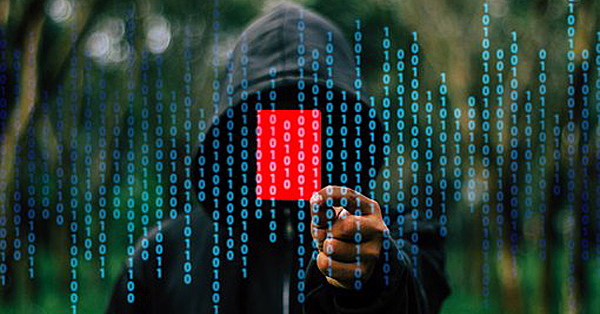Most of us have read or heard about the “hacking” allegations in the news recently in connection with the 2016 election. There are several aspects of this topic that deserve independent discussion, but are instead often linked together in headlines as if there is just a single problem. Here are the separate parts of this I find interesting:
- Someone hacked into email and other systems of democratic national committee persons.
- WikiLeaks acquired some or all of this information from the hacker(s) and chose to publish portions of it before the election.
- The actions of WikiLeaks may have had an effect on the way some people voted, as opposed to the actual transgressions unveiled by the hacked information.
Much of the recent news cycle has been focused on #1 and the presumed involvement of Russia. This is still playing out, and all the information that may support that claim is still being gathered. In any event, I find this the least interesting of the above three topics, even though it is presently garnering the most headlines. I see it more as misdirection away from an honest discussion of the next two topics.
Much less has been in the news cycle of late as to the facilitating role of WikiLeaks in this case. A good argument could be made that, if not for WikiLeaks, the hacked DNC information may never have been made public. WikiLeaks is not the hacker. Therefore, they see less risk to themselves in publishing hacked information they acquire. Publishing leaked and/or hacked information is precisely their reason for existence (detestable as that may be). The hackers themselves on the other hand, would take great risk if they directly published what they’ve purloined. Remaining anonymous is part and parcel of not getting caught and prosecuted, ending their operation. WikiLeaks conveniently absorbs most of this risk for the hacker and provides the hacker a measure of plausible deniability making their risk calculus more favorable. Without WikiLeaks providing this buffer, the risk calculation of the hacker may not have tilted toward the publication of this information. This would be particularly true of a state-sponsored hacking effort. In effect, WikiLeaks released wasps into the tent without getting stung.
Was the hacking itself the cause for the outcome, or was it the behavior of the people who were hacked? Let’s consider a hypothetical case where there was nothing untoward, and therefore nothing “sensational”, among all those hacked DNC emails. Would WikiLeaks have even bothered to publish anything? For that matter, would the hackers have even bothered to give/sell their product to WikiLeaks in the first place? Probably not, since there is no “reward” for the risk taken. The voters would have been unaware that a hack had even taken place and it would have been of no consequence to the outcome. This hypothetical case could easily have been reality if the DNC had simply played by the rules, or at least not documented their maleficence so completely in email correspondence. The hard truth is that they didn’t play by the rules, got caught, and are now trying to shine the spotlight elsewhere to avoid the reality of what actually occurred. Proclaiming that a hacking operation may have changed the outcome of a Presidential election is sensational, the stuff movies are made of. Misdirection at its finest. It is a short, easy to absorb headline that expresses a digestible cause and effect. It diffuses the notion that the hacked information brought voters closer to the true nature of the campaign and candidate and led them to a more factually informed decision. Instead, there is a presumption that the voters would have been “better off” or more accurate in their voting decision without the hacked information published by WikiLeaks. Keep in mind that no one is arguing the hacked information is false or made-up, rather, that it should not have been made available to the voter, similar to the way ill-gotten information is not admissible to a jury in a court of law. However, the election is not a court case, and trying to pursue this line of reasoning quickly leads into the intellectual cul-de-sac that less information for a voter is somehow better.
In the end, it was the content of the revelations, not the method of acquiring them that was most significant. It may or may not have made a difference in the outcome of the election, but it did provide voters a more complete portfolio of information from which to make a decision.

3 Responses
You awake in the night to the sound of clattering in the next room. You get out of your bed and creep down the hall, and quickly turn on the lights. You see a thief dressed in black stuffing a bag full of your expensive jewelry and electronics. He’s startled, like a roach who’s just been exposed to the sun. Caught red handed, he looks at you with a menacing glare and shouts; “How dare you turn the light on!? I was nearly done!”
Awesome – You got my point entirely!
The light needs to be turned on in the adjacent room, where cock roaches are living the high-life as old mafia folks did for decades. The election swung quickly for those sitting on the fence when our FBI leadership decided to publicly toggle between the devil on one shoulder promising continued employment in what was an obvious win for the status quo and the face of justice and good conscience on the other. Isn’t it ironic that In the end, doing the right thing would have guaranteed not only employment but eternal honorable reputation- now lost.